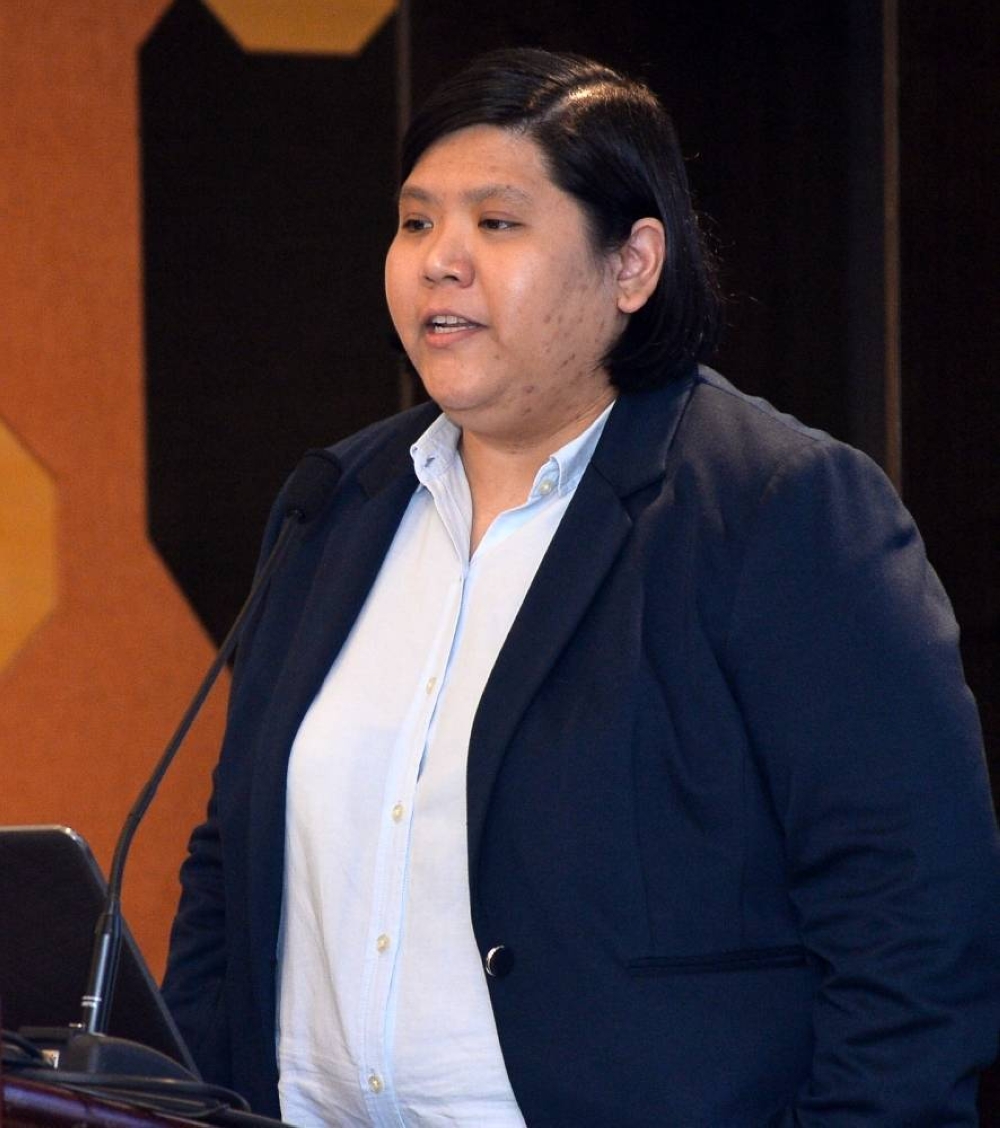The Philippines is seeking to tap a total of $121.02mn worth of “unrealised export potential” of food and other agriculture-related products in Gulf Co-operation Council (GCC) countries, an official of the Department of Trade and Industry (DTI) has said.
Bianca Pearl R Sykimte, OIC-Director of the Export Marketing Bureau at the DTI, made the statement during the recently-concluded Qatar leg of the DTI’s ‘Philippine Outbound Business Matching Mission (OBMM) to GCC Countries’.
Sykimte delivered a presentation titled ‘Sourcing Opportunities in the Philippines’ before representatives of companies specialising in Qatar’s food and beverage (F&B) and cosmetics and personal care sector.
She said fresh or dried bananas, prepared or preserved tunas, desiccated coconuts, coconut oil (excluding crude) and its fractions, and raw cane sugar form the top five product groups of the Philippines untapped food and agri-related goods export potential in the GCC.
Sykimte noted that in 2021, the top Philippine exports to the GCC was valued at $210.86mn comprising bananas at $57.24mn; sauces and condiments ($26.17mn); pineapple ($21.23mn); bread, pastry, cake, biscuit ($21.11mn), and processed meat ($6.81mn), among others.
On the other hand, the Philippines’ top food exports to Qatar stood at $21.74mn in 2021 or 74.24% of the country’s total exports here last year, Sykimte said, citing figures from the Philippine Statistics Authority.
The top food exports to Qatar from the Philippines include fresh or dried bananas, including plantains; other sauces and preparations thereof, mixed condiments and mixed seasonings, mustard flour and meal and prepared mustard; other bread, pastry, cakes, biscuits and other baker's wares, whether or not containing cocoa, communion wafers, empty cachets of a kind suitable for pharmaceutical use, sealing wafers, rice paper, and similar products; sausages and similar products, of meat, meat offal, food preparations based on these products; and fresh or dried pineapples.
According to Sykimte, the Philippines’ topography and climate are very conducive to agricultural production. The country’s top F&B export products to the world are coconuts, bananas, processed fruits, and marine products, she said.
In 2021, Sykimte said the Philippines’ total food exports globally was valued at $6.23bn, which increased 12.05% from the previous year and contributed to about 23% to 24% of the country’s GDP.
“The Philippines’ existing trade agreements enable Filipino food processors to take advantage of the opportunities in the international market,” Sykimte pointed out.
The OBMM to GCC countries, which is showcasing high-quality products from more than a dozen export companies from the Philippines, is being led by Glenn Penaranda, assistant secretary and officer-in-charge of the DTI Trade Promotions Group. The initiative was held in Bahrain, Kuwait, and Qatar, and will conclude in Dubai on February 25.
In his speech, Penaranda emphasised that the DTI is aiming to access the Qatari market, as well as other mainstream markets to make the Philippines the “preferred source” for world-class F&B and cosmetics and personal care products.
“Qatar is a key export market for Philippine F&B, personal healthcare, and other related products,” Penaranda stressed.
Philippine ambassador to Qatar Lilibeth V Pono also spoke at the event, saying F&B and personal healthcare products from the Philippines are “marketable” and “global,” and “can withstand the dynamics of the ups and downs of the global trade and economic environment.”
According to Pono, Qatar ranked as the Philippines’ 41st trading partner in 2021. Total bilateral trade between Qatar and the Philippines in 2021 stood at $224mn. “The business mission from the Philippines sets out to reinvigorate trade relations and reduce the trade gap between the Philippines and Qatar,” the also ambassador pointed out.
Business
Philippines eyes tapping $121mn ‘unrealised food, agri export potential’ to GCC, says official

Bianca Pearl R Sykimte, OIC-Director of the Export Marketing Bureau at the Philippines Department of Trade and Industry. PICTURE: Shaji Kayamkulam
